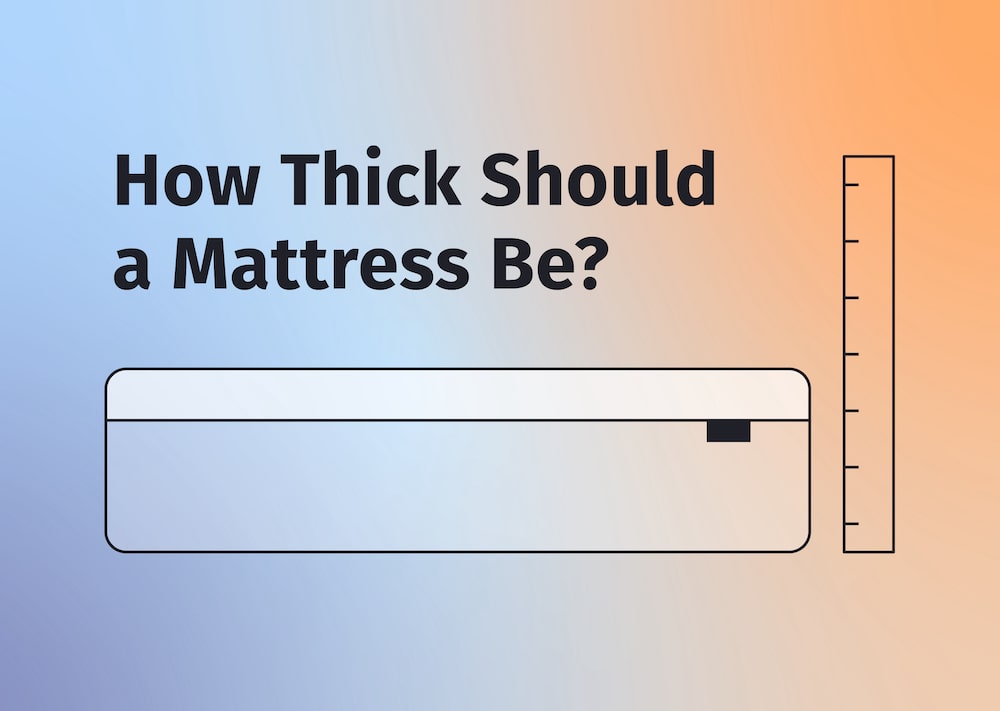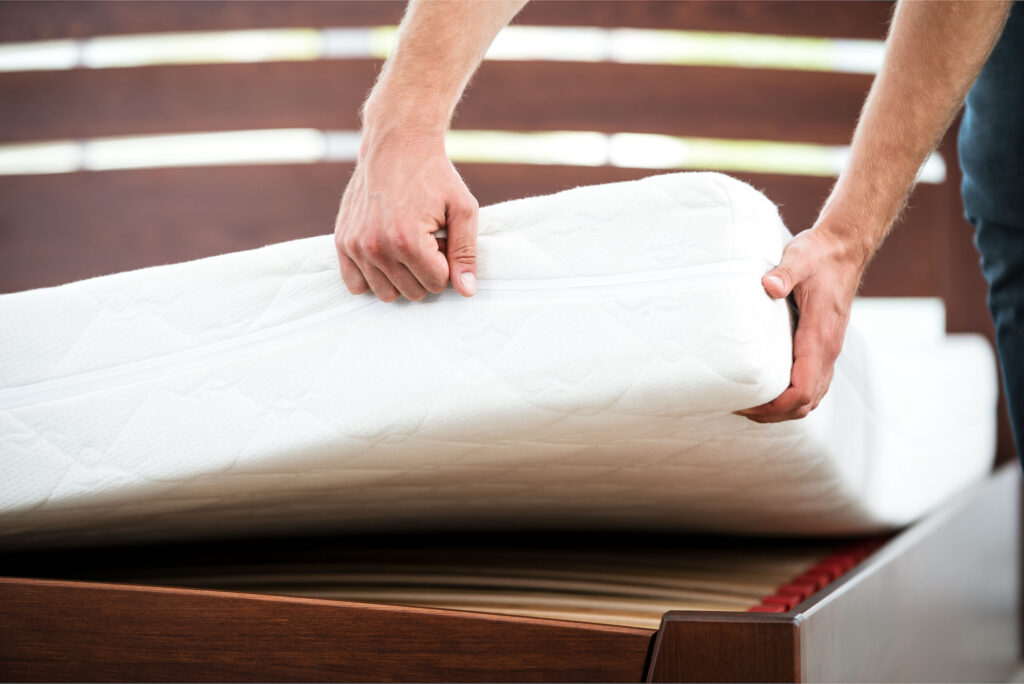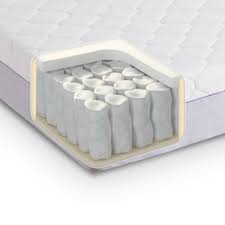Mattress Thickness Guide
When it comes to selecting a new mattress, thickness is a critical factor to consider. The depth of your mattress can significantly impact your sleep quality, comfort, and overall well-being. This guide will provide you with essential information to help you make an informed decision about the ideal mattress thickness for your specific needs.
1. Understanding Mattress Thickness:
Mattress thickness, often referred to as mattress depth, is the measurement from the top surface to the bottom surface. It is typically expressed in inches and can vary significantly between different mattress types and brands. Common mattress thicknesses include 6, 8, 10, 12, and 14 inches, although some specialty mattresses can be even thicker.

2. The Impact of Mattress Thickness:
The thickness of your mattress can influence several key factors, including:
- Comfort: Thicker mattresses often provide better cushioning and support. If you prefer a softer and more luxurious feel, a thicker mattress may be the right choice.
- Support: Thicker mattresses can offer superior support, especially for individuals with back or joint pain. They distribute body weight more evenly and can reduce pressure points.
- Durability: In many cases, thicker mattresses tend to be more durable and have a longer lifespan.
- Ease of Getting In and Out: The thickness of a mattress can affect how easy it is to get in and out of bed. Thicker mattresses tend to be higher off the ground, which can be beneficial for some sleepers.
3. Choosing the Right Thickness:
Selecting the right mattress thickness depends on your personal preferences and any specific sleep-related issues you may have. Here’s a general guideline:
- 6-8 Inches: These thinner mattresses are often found in bunk beds, daybeds, and trundle beds. They are suitable for children and lightweight adults.
- 10-12 Inches: This is the most common mattress thickness and is suitable for the majority of sleepers. It provides a good balance of comfort and support and is ideal for most bed frames.
- 12-14 Inches: These thicker mattresses are perfect for individuals who desire extra cushioning and support. They are excellent for people with back pain or those who prefer a luxurious feel.

4. Specialty Mattresses:
Some mattress types may deviate from the standard thickness ranges. For example:
- Memory Foam: Memory foam mattresses often come in various thicknesses. Thicker memory foam mattresses offer more contouring and support.
- Hybrid: Hybrid mattresses combine innerspring and foam components, resulting in a broad range of thickness options. They tend to be thicker, providing a mix of support and comfort.
- Latex: Latex mattresses are available in different thicknesses, with thicker versions offering enhanced support and durability.
5. Mattress Thickness and Body Weight:
Your body weight plays a role in determining the ideal mattress thickness. Heavier individuals tend to compress the mattress more, which can affect the overall comfort and support. Here’s a guideline based on body weight:
- Lightweight Sleepers (Under 130 lbs): Lighter individuals may find thinner mattresses (around 8-10 inches) to be comfortable. Thicker mattresses may not provide the necessary pressure relief for these sleepers.
- Average Weight Sleepers (130-230 lbs): Most mattresses in the 10-12-inch range are suitable for individuals with average body weight. They offer a good balance of support and comfort.
- Heavyweight Sleepers (Over 230 lbs): Heavier individuals often benefit from thicker mattresses (12-14 inches or more). These mattresses provide better support and longevity, ensuring that the mattress doesn’t wear out prematurely.
6. Mattress Thickness and Sleeping Position:
Your preferred sleeping position also influences the ideal mattress thickness:
- Side Sleepers: Side sleepers typically benefit from thicker mattresses as they need extra cushioning for their shoulders and hips. A 10-12-inch mattress with good contouring properties is an excellent choice.
- Back Sleepers: Back sleepers require a balance between support and comfort. A 10-12-inch mattress with medium firmness is often the right fit.
- Stomach Sleepers: Stomach sleepers may prefer a slightly firmer mattress to prevent their hips from sinking too deeply. A 10-12-inch mattress with adequate support is recommended.
7. Mattress Thickness and Bed Frames:
The type of bed frame you have can also influence your choice of mattress thickness. Consider the following:
- Platform Bed: Platform beds typically work well with a wide range of mattress thicknesses. You can choose based on your comfort preferences.
- Adjustable Bed Base: If you have an adjustable bed base, ensure that the mattress thickness doesn’t impede its functionality. Most adjustable bases are compatible with standard mattress thicknesses.
- Traditional Bed Frame: With a traditional bed frame and box spring, you have more flexibility in choosing mattress thickness. Thicker mattresses may offer additional height and a more luxurious appearance.

More detail on mattresses
